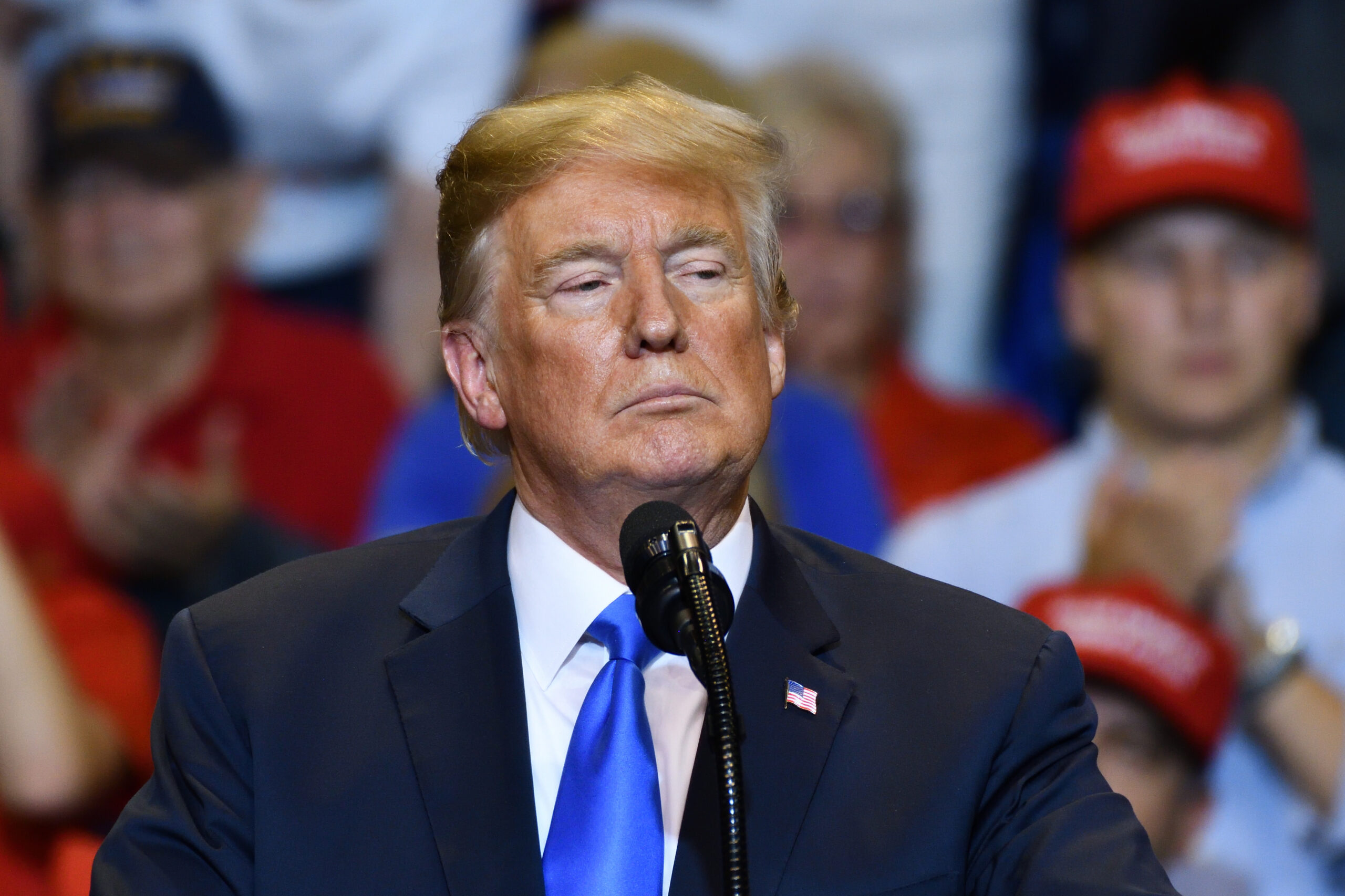[ad_1]
LONDON (Reuters) – The likelihood of a disorderly Brexit has crept higher but that won’t deter the Bank of England from raising rates next week for the first time in a decade, even though many economists believe that would be a mistake, a Reuters poll showed on Tuesday.
There is now a 30 percent chance Britain will leave the EU without a trade deal when two-year divorce talks end in March 2019, up from 25 percent in a September poll, according to the median forecast in the latest Reuters survey of economists.
“It is in everybody’s interests that a transitional arrangement is put in place by 2019. Given the EU’s habit of finding a last-minute solution, we believe that a deal will be found. But the risk of failure is non-negligible,” said Peter Dixon at Commerzbank.
British Prime Minister Theresa May won a modest reprieve on Friday when European Union leaders signalled they were ready to move negotiations forward in the coming months.
But she now faces a political balancing act as she tries to meet EU demands for more concrete pledges on Britain’s divorce bill without triggering a backlash from Brexit campaigners at home, some of whom would prefer she walk away from talks.
The overwhelming majority of respondents in the poll, however, said the most likely ultimate outcome was still an EU-UK free trade agreement, possibly with a transitional arrangement.
The second most probable outcome was Britain leaving without a deal and being forced to trade with the continent under basic World Trade Organization rules, the poll showed.
Third was European Economic Area membership, under which Britain would pay to maintain full access to the EU Single Market – but without having any say over its policies.
The least likely option was Britain reversing its decision to leave the European Union, the poll showed.
While the sample of respondents was different and slightly larger than the Reuters poll published on Sept. 1, the overall conclusions about Britain’s likely future trading relationship with the European Union were the same.
There was no noticeable change among those who contributed to both polls although a majority increased their risk forecast.
“Our base case remains that there will eventually be a deal and talks will move on to trade at the December meeting – based on our view that the alternative is so bad a deal must happen – but the next couple of months will be politically very tricky indeed for Theresa May,” said Daniel Vernazza at UniCredit.
European Council President Donald Tusk said on Tuesday it was up to Britain to determine if there would be a good deal or no deal and European Commission President Jean-Claude Juncker said they were not negotiating with London in a hostile way.
WRONG MOVE
Britain’s economy has so far dodged the widely-predicted post-referendum recession but is now lagging, rather than leading, the other Group of Seven industrialised economies in the midst of a resurgence in the global economy.
According to the poll, UK growth will be 0.3 percent per quarter through to the middle of next year, behind projections for 0.5 percent for the EU bloc. [ECILT/EU]
In the aftermath of last year’s decision to leave the EU, the Bank of England cut borrowing costs to a record low of 0.25 percent but it has since turned more hawkish and given strong signals it intends to raise rates soon.
As a result, a large majority of economists polled – 46 out of 64 – said the Bank would put those 25 basis points back on its Bank Rate on Nov. 2 – although about three-quarters of those surveyed also said now was not the right time to do so.
“A rate rise or two won’t crash the economy, but will be negative for household and business spending at the margins,” said Elizabeth Martins at HSBC.
“Given, we don’t see an urgent need to tighten from an inflation perspective, any tightening may come to be seen as unnecessary at best.”
Consumers played a major role in driving economic growth last year but high inflation, largely driven by the fall in sterling since the referendum which has made imports more expensive, means they are more likely to rein in spending.
Average consumer prices rose 3.0 percent in September compared with a year earlier, the fastest increase in more than five years and much steeper than the 2.0 percent the Bank of England would like.
Inflation is not expected to fall back to target anytime soon, with the poll predicting it will average 2.6 percent next year and 2.2 percent in 2019.
However, after an initial November rate rise no action is expected from the central bank next year. For now, it is forecast to add another 25 basis points in 2019.
“They’ll hike now (since they said so), but they’ll be making a mistake, and they’ll recognise that in the coming months, and it’s therefore overwhelmingly likely that they won’t hike again for a long while,” UniCredit’s Vernazza said.
Polling by Vivek Mishra, Mumal Rathore and Anisha Sheth; editing by David Clarke
[ad_2]
Source link






Leave a Reply